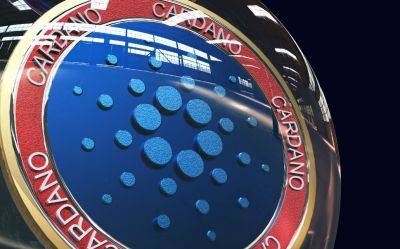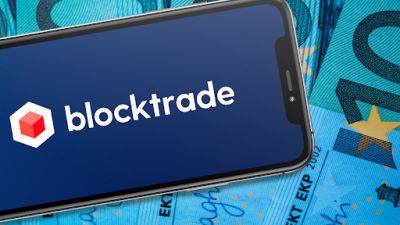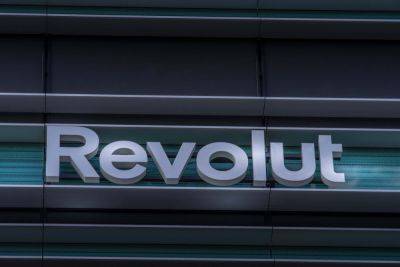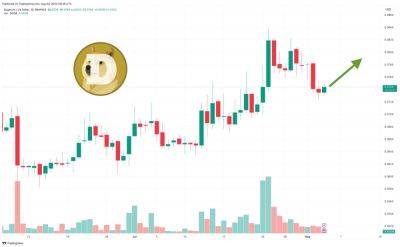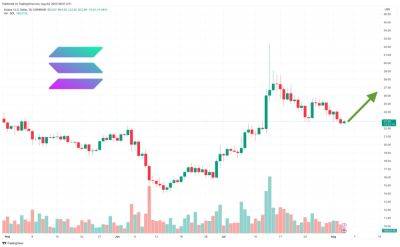Researchers develop blockchain verification service for cultural artifacts
Computer scientist Adel Khelifi, of the University of Abu Dhabi, and archaeologist Mark Altaweel, from University College London, recently announced the development of a Web3-based verification-as-a-service model for determining and recording the authenticity and provenance of cultural artifacts.
Called Salsal, the big idea behind the service is to bridge the world of historical artifacts with an on-chain validation system that can’t be fudged or cloned.
In an email interview with Cointelegraph, Altaweel said Salsal would be offered specifically to “cultural heritage organisations.”
Related: TemDAO world heritage project helps cultural sector through democracy-fueled donations
There currently exists no official globally recognized registry for items of historical significance. Despite this, most territories have laws governing the procurement, collection, trade, buying and selling of artifacts of cultural significance, especially when they’re discovered on public or protected land.
Some of the most historically valuable artifacts known to exist remain unaccounted for. Missing treasures, such as the Honjo Masamune and the Crown Jewels of Ireland, have been lost to time and, in many cases, theft. And countless others have been looted from historically significant sites over the years before experts could even catalog them.
The team behind Salsal hopes to address some of these concerns by creating what’s essentially a protocol for identifying, grading and recording information about specific artifacts using a suite of technology tools.
When a cultural heritage organization has its collection validated, it uploads images and descriptions to the service. A group of experts then use a process similar to the one used by
Read more on cointelegraph.com

